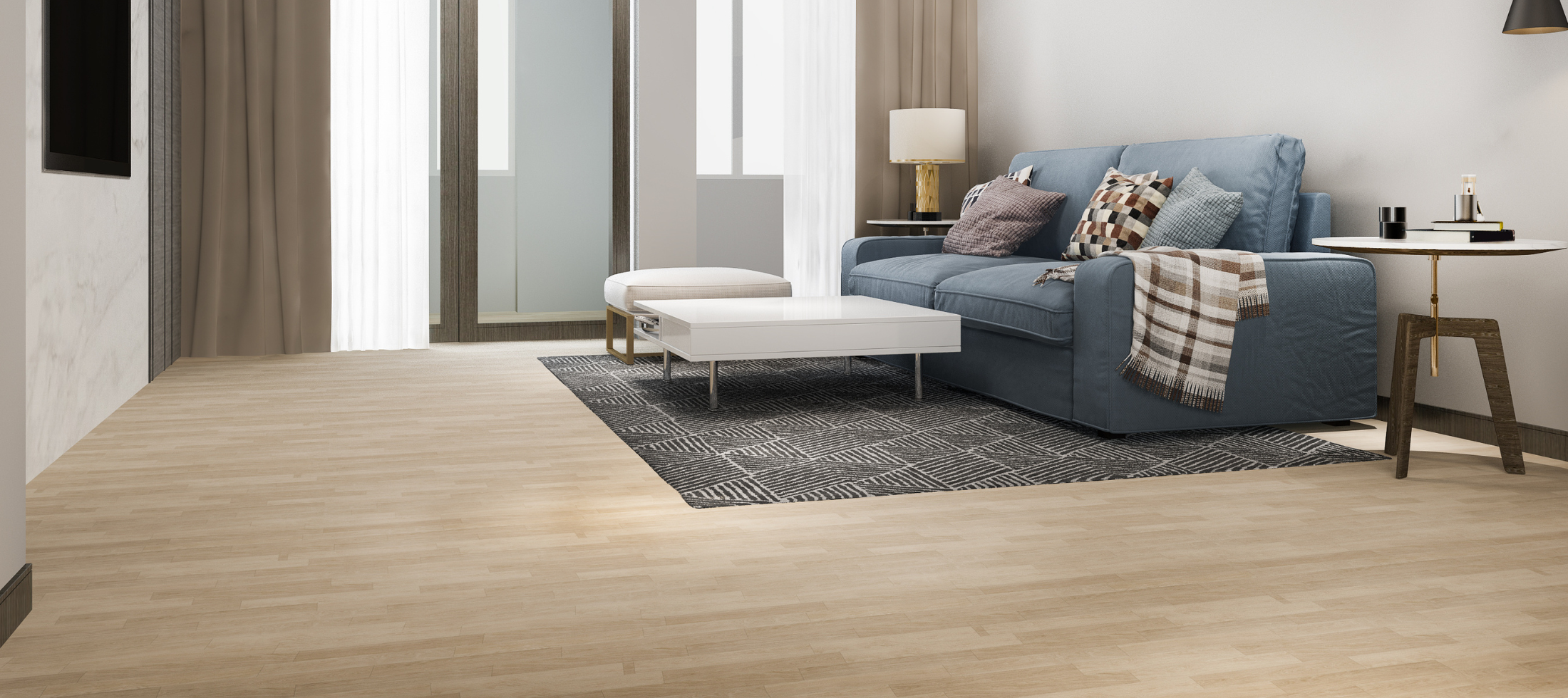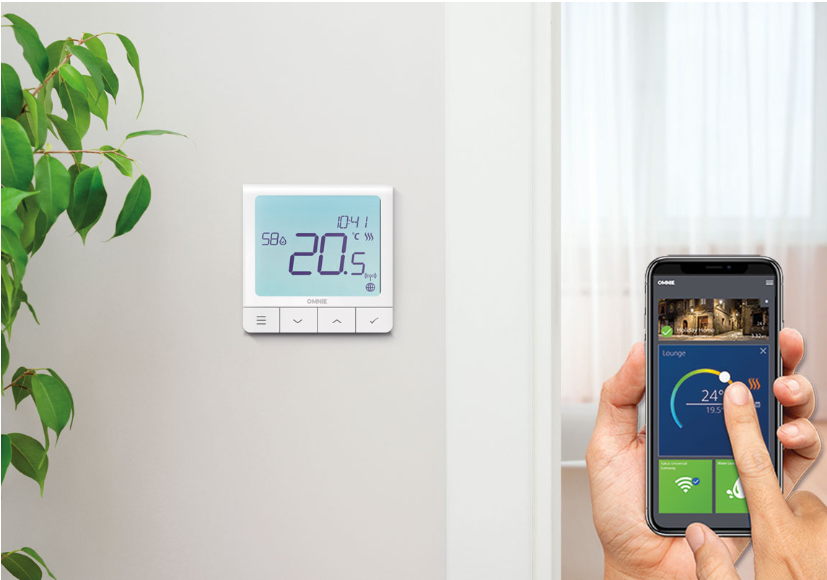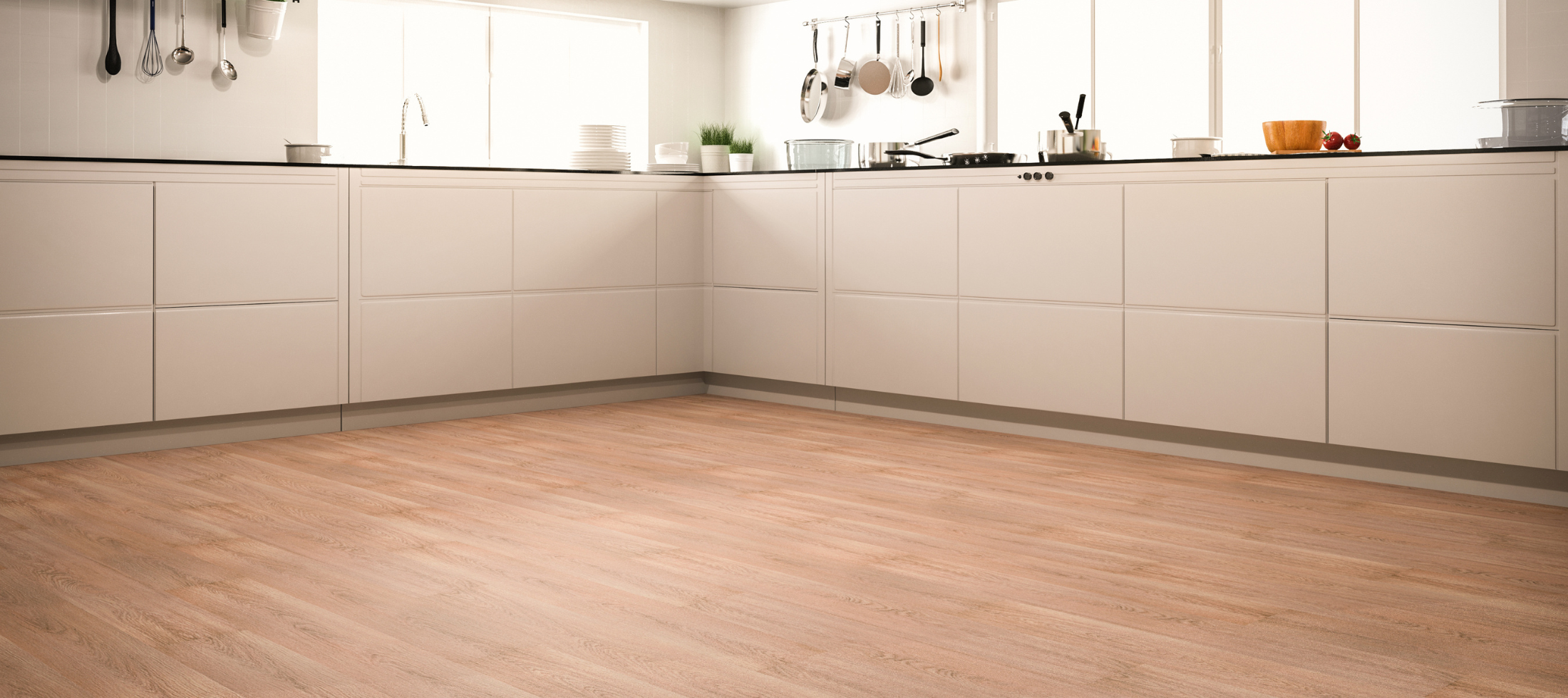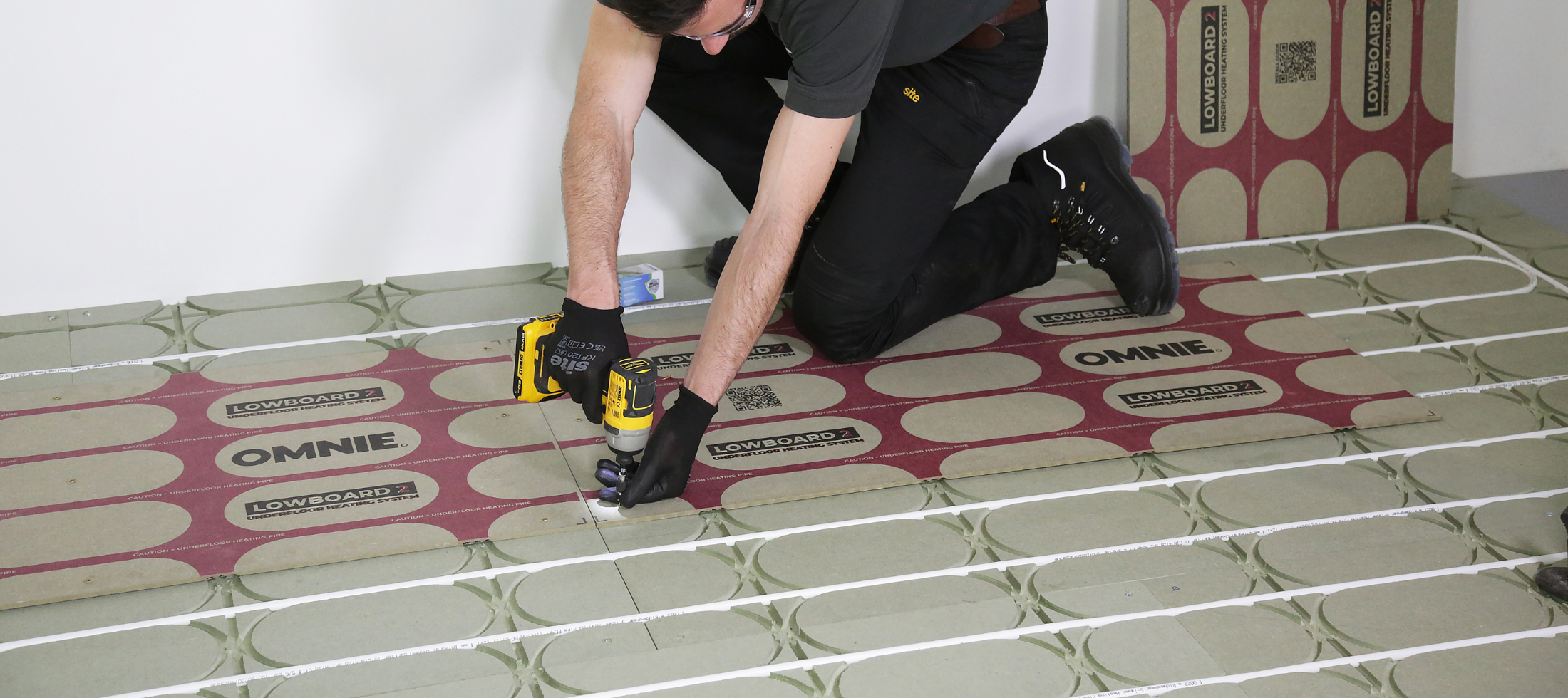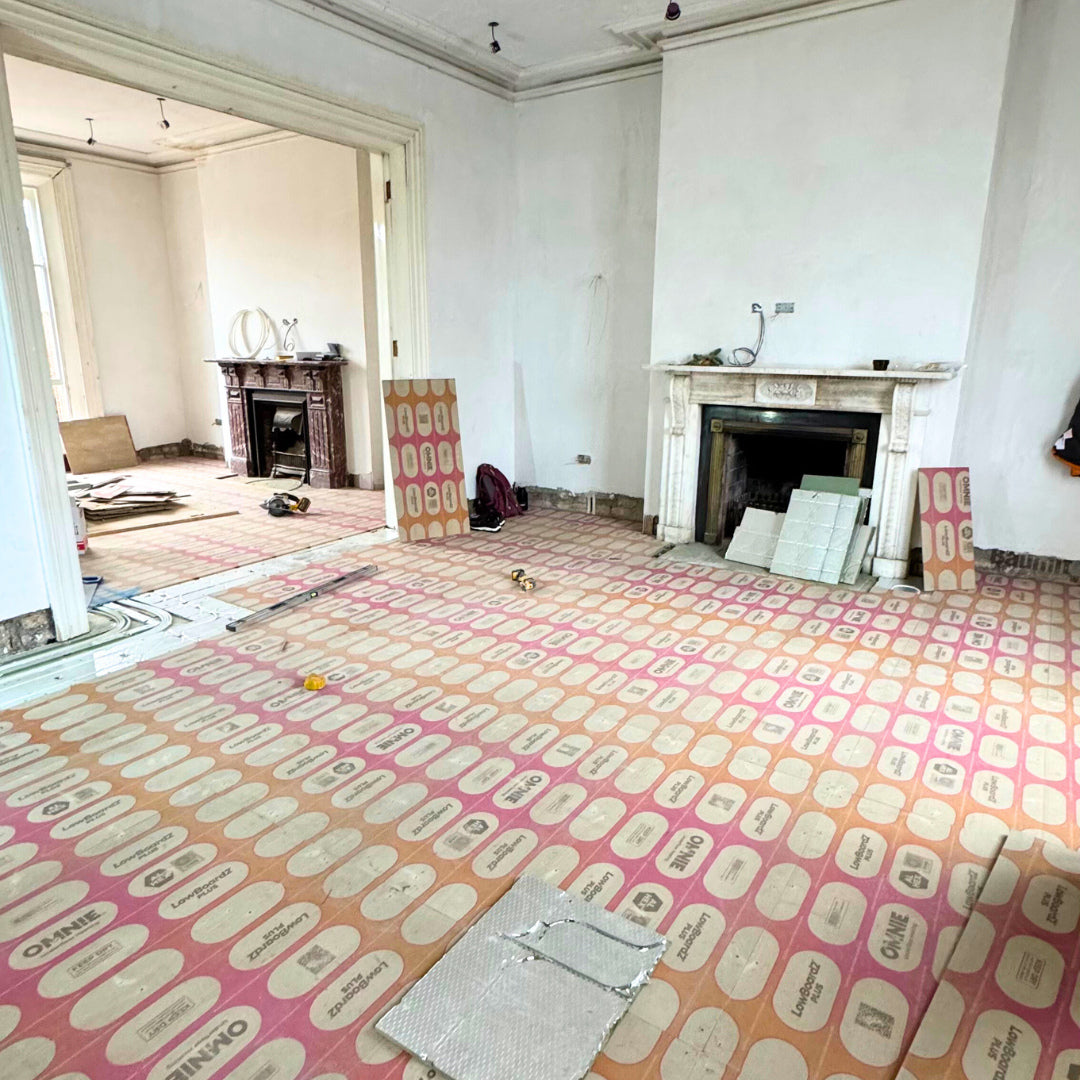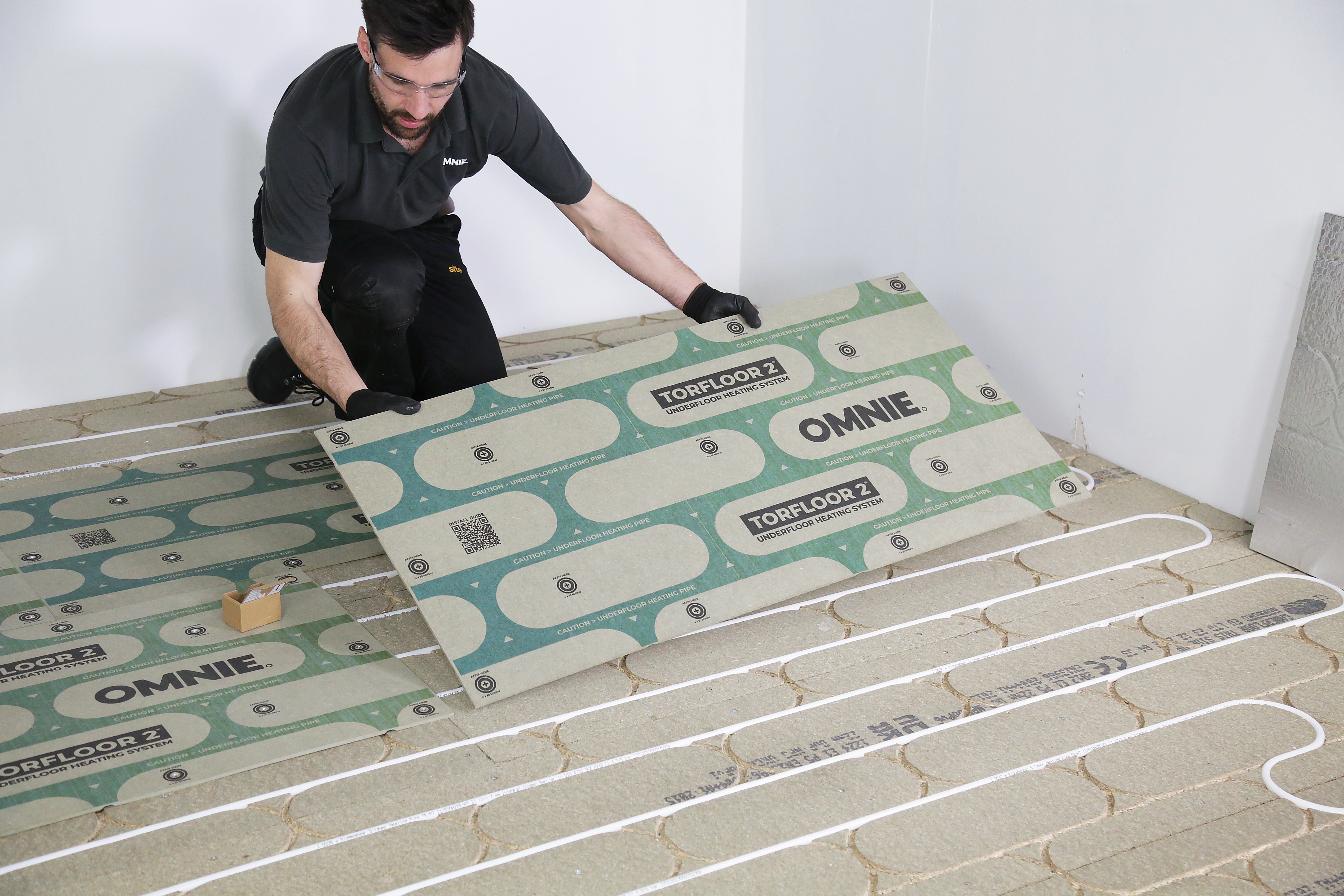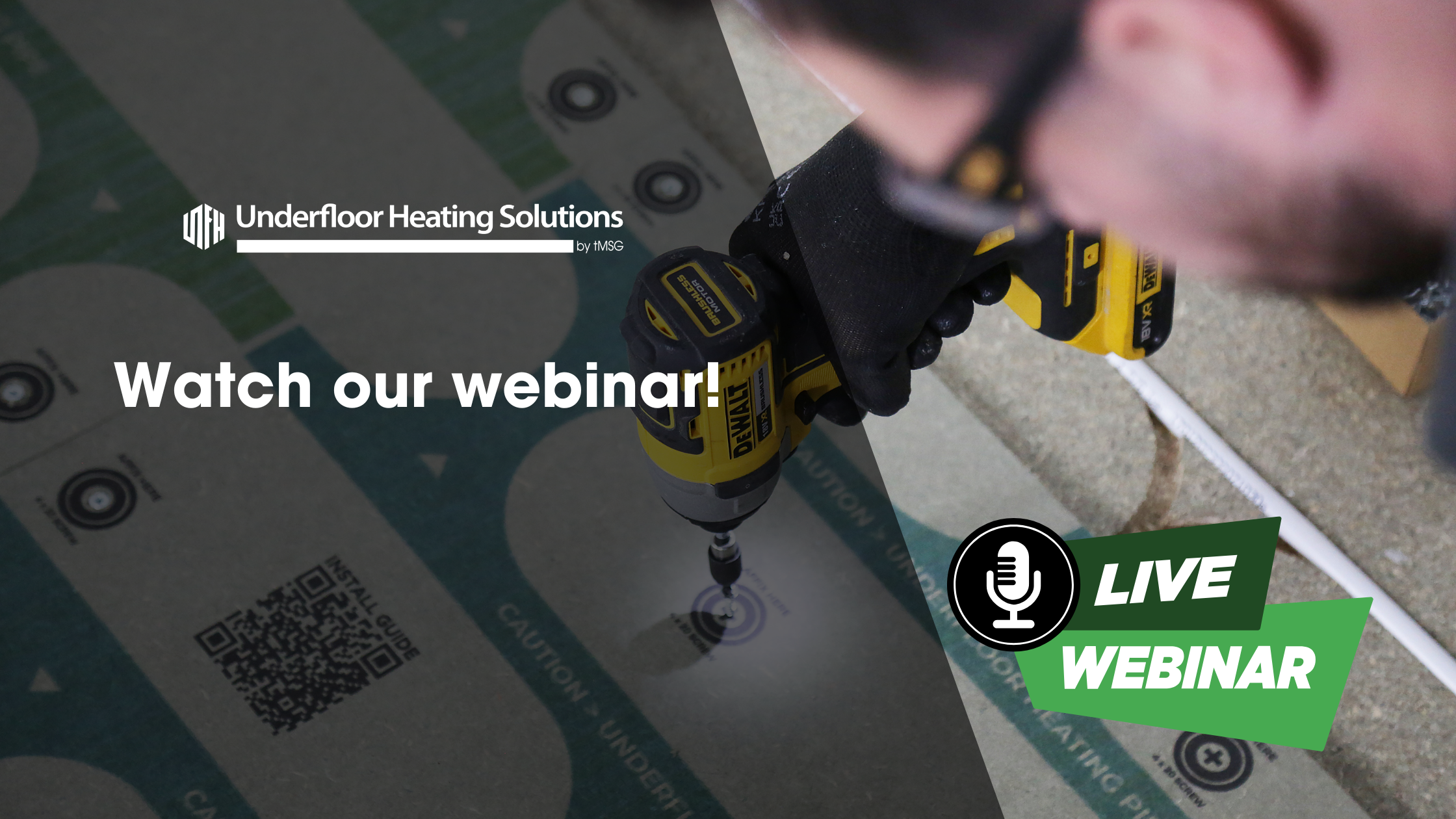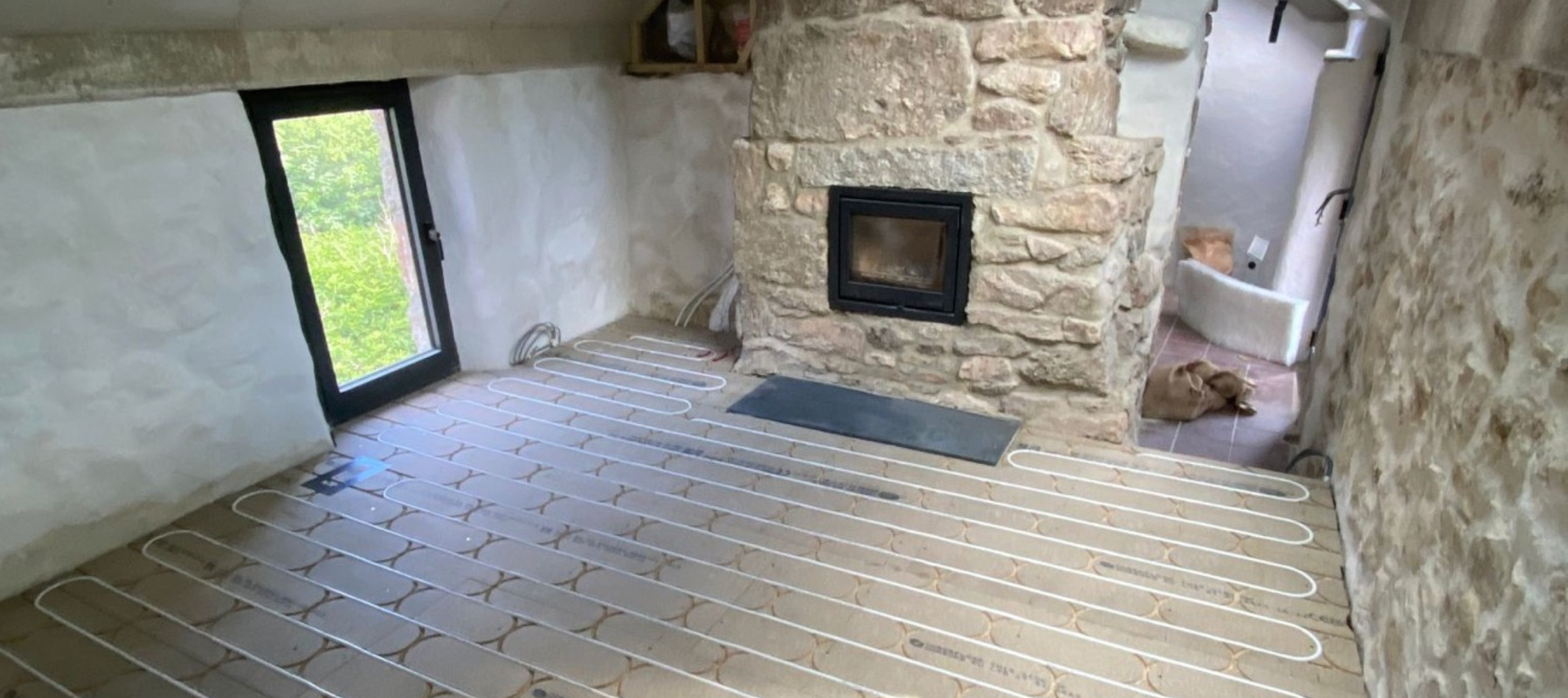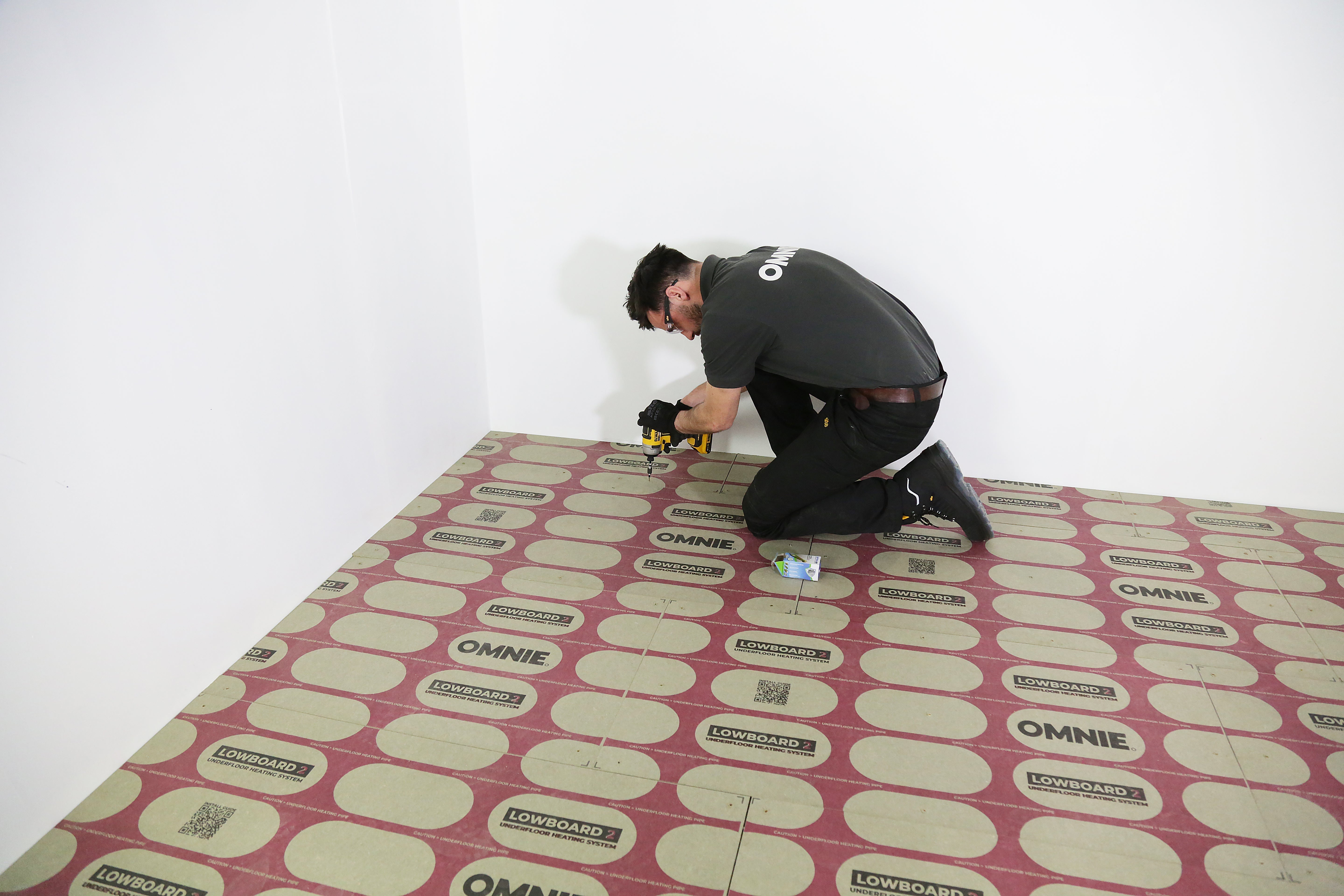Underfloor Heating for Single Rooms and Extensions: The Perfect Heating Solution
When it comes to heating a single room or a new extension, traditional heating options like radiators or portable heaters can sometimes feel bulky, inefficient, or out of place. This is where our underfloor heating panels offer a sleek, efficient, and comfortable alternative, especially when paired with modern systems designed for easy installation and fast performance.
How to Reduce Your Heating Bills This Winter with Underfloor Heating
As energy costs continue to rise, finding efficient ways to heat your home without sacrificing comfort is more important than ever. One of the smartest and most cost-effective upgrades you can make this winter is switching to hydronic underfloor heating —a modern solution designed for comfort, control, and long-term savings.
Stuart and his dad took on the impressive task of fully renovating a family home—on their own. Like many renovators, they wanted to upgrade the heating system to something modern, efficient, and futureproof. But there was a challenge: how to install underfloor heating (UFH) throughout the home without major structural changes.
When most people think of underfloor heating, they imagine it installed on a ground floor beneath a concrete screed. But what if you're looking to bring the same level of comfort, energy efficiency, and design freedom to upper floors?
What Is Hydronic Heating—And How Does Our Underfloor System Work?
When it comes to heating your home or building efficiently and comfortably, hydronic heating stands out as one of the most effective and future-ready solutions. But what is it exactly, and how does it work in the context of underfloor heating systems like ours?
Why Structural Underfloor Heating Is the Top Choice for Builders and Architects
Underfloor heating is increasingly in demand, but for builders and contractors, installation challenges can slow down projects. Traditional wet UFH systems require thick screeds, extended drying times, and additional structural reinforcements, adding weeks to construction timelines. That's where structural underfloor heating solutions, like the OMNIE TorFloor2®, offer a significant advantage.
Revolutionising Underfloor Heating in Ireland – Watch Our Exclusive Webinar
Underfloor heating is growing in popularity, but many still believe it’s too complex, expensive, or unsuitable for retrofits and upper floors. In our recent exclusive webinar, we teamed up with industry experts from Omnie to break down these misconceptions and introduce Ireland’s first wet and dry underfloor heating solutions.
The Problem with Traditional Underfloor Heating (and Why It Doesn't Work for Retrofits)
Traditionally, underfloor heating in Ireland has been synonymous with new builds and ground floors. The standard method involves encasing water pipes in a thick layer of cement screed (50-75mm). While effective, this system presents two major hurdles.
Low-Profile Underfloor Heating: The Ultimate Solution for Renovation Projects
When planning a home renovation, heating is often a key consideration. Most underfloor heating systems require thicker layers that can impact floor heights. For renovation projects where space is a concern, low-profile solutions like the OMNIE LowBoard2® offer a practical alternative. This makes it a great choice for homeowners and renovators looking for a seamless, space-efficient heating option. It delivers efficient, comfortable warmth without the need for significant structural changes and is designed for modern renovations where space is limited.


